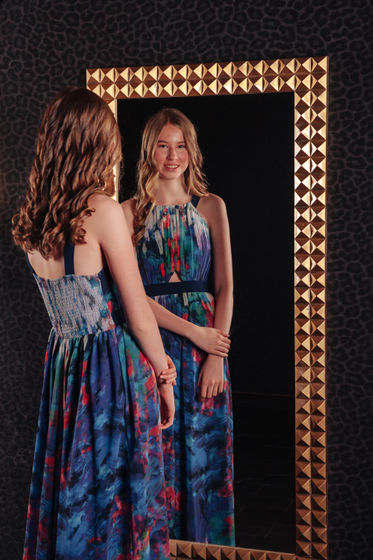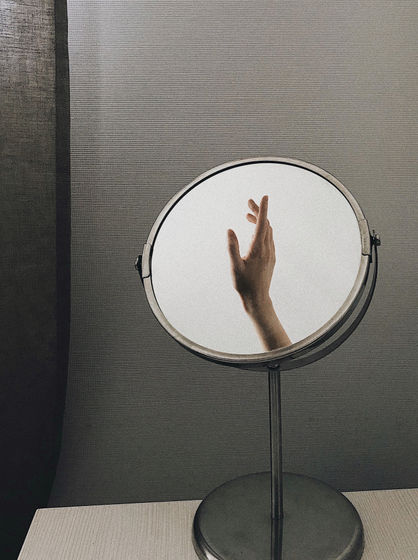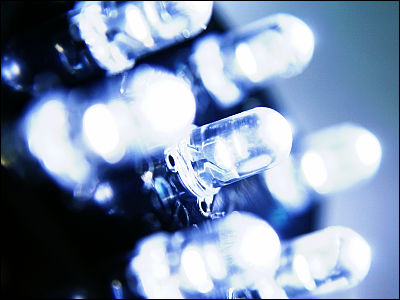Is it possible to create infinite reflections with a pair of mirrors?

By
If you put two mirrors facing each other, you can see an endless reflection, like 'the mirror reflected in the other mirror ...' Science news site Live Science asked experts whether it is possible to create infinite reflections with such a pair of mirrors.
Can mirrors facing each other create infinite reflections? | Live Science
https://www.livescience.com/physics-mathematics/can-mirrors-facing-each-other-create-infinite-reflections
The conclusion is that it is theoretically possible to create an infinite number of reflections, but experts say that structural imperfections in mirrors make this virtually impossible.
The reason is that ordinary mirrors are made from materials such as mirrors coated with a thin layer of silver or aluminum, which absorb a little bit of light each time it reflects.

'If we had a perfect mirror, the reflection would be infinite, but there's always a small loss with each reflection, mainly due to absorption,' explains photonics expert Rajesh Menon of the University of Utah. 'So after many reflections, the light becomes completely absorbed and the reflections stop there.'
In this case, a 'perfect mirror' does not mean a mirror that reflects a beautiful image, but a mirror that reflects 100% of light without absorbing any.
Julie Bentley, a professor of optics at the University of Rochester in the US, agreed with Menon, telling Live Science: 'When light hits a mirror, not all of it is reflected. Between 90 and 98 percent is reflected and the rest is absorbed. As a result, the reflection becomes dimmer and dimmer, and there isn't enough light to see it. So if you wave your hand at yourself in dozens of reflections, you'd barely be able to see anything.'

With current technology, it is not possible to create a mirror material that reflects 100% of visible light, but it is possible to reflect a single wavelength, or light of a specific color, thousands or even tens of thousands of times under very special conditions.
While such a mirror may not be suitable for a handheld mirror, it is expected to find applications in laser and solar power technologies.
'Even with a thin solar panel, you can trap light and bounce it around multiple times, increasing the chances that it will be absorbed,' Menon said. 'This is great for absorbing sunlight and generating electricity.'
Related Posts:
in Science, Posted by log1l_ks






